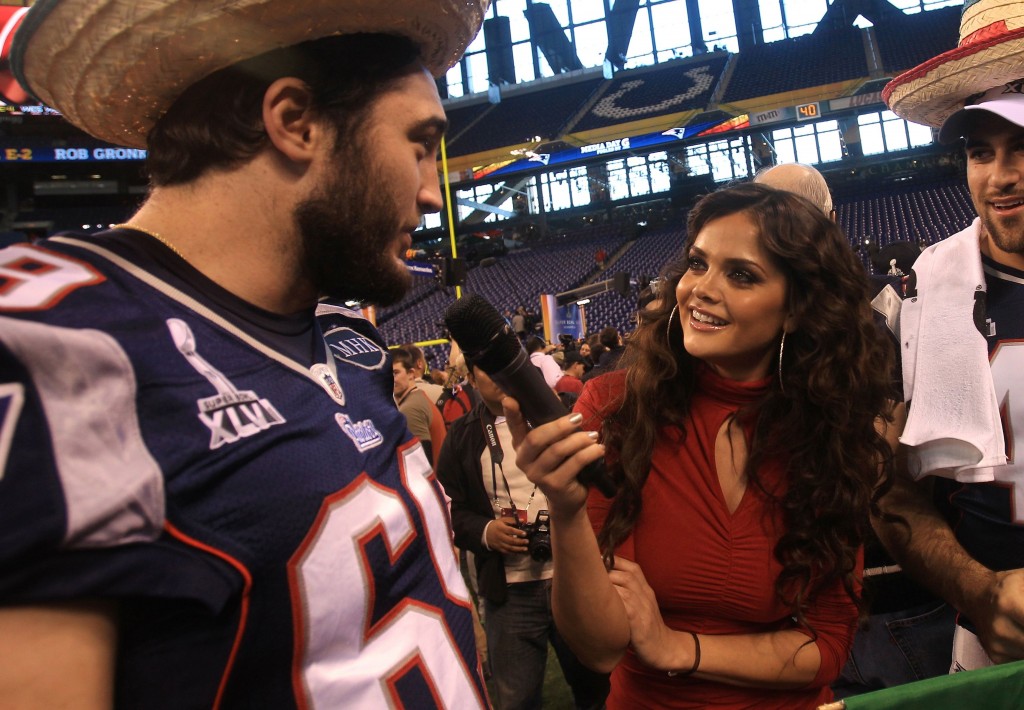Internship Insider: Interview pros like a pro
Interviewing a professional athlete or coach can be a big help for you as a sports writer, and could even be a dream come true for the sports fan in you.
As we’ve mentioned before though, it’s also an enormous privilege and responsibility.
I began interviewing pro players and coaches nearly 10 years ago, but with no experience or journalism background whatsoever. A couple hundred interviews later, here’s what I’ve learned from my mistakes, successes and observing others.
1. Prepare to fail (with humor and grace).
A reporter buddy once pissed off Pat Riley, then coaching the Miami Heat, during a postgame press conference. He had asked a perfectly reasonable question, but as we stood outside the locker room, Riley gave the stare of death, called this guy an idiot (in a few more words) and passed him up for the next reporter. My friend laughed if off, waited his turn, and came right back to ask a different question a minute later. Riley answered it without hesitation.
2. You’re not the only reporter ever.
No matter the question, chances are your athlete or coach has already been asked it 700 times before. Don’t get cutesy, but do look for interesting angles. Don’t be offended if the first response to your question is a sigh.
3. Listen before you talk.
If interviewing among a group of reporters, note all questions and answers. There’s nothing more annoying to coaches, players and other reporters than asking a question just covered minutes (or seconds) ago. Pay attention.
4. Play by the rules.
Don’t interrupt. Don’t ask more than two questions in a row. Wait your turn.
But then TAKE your turn. Once it’s obvious an answer is finished, jump in right away. When in a group, you also don’t need to ask the question in order to use the answer. Cite the answer only, but recognize that other reporters will be using your question/answers too.
5. Respect your job. Respect their job.
You don’t ever have to coddle people, but don’t be annoying either.
If somebody doesn’t want to answer something, rephrase the question once. If that doesn’t work. Move on.
If they don’t want to talk at the moment, ask to set something up for later: 10 minutes later, after the game, next time you stop by, etc. You’ll be surprised how often people honor their commitments, even if you have to remind them.
Being patient and building a working relationship over time is far more valuable than destroying your credibility by overpursuing one stupid question at the cost of all else.
See Part II next week. Thanks to B/R Blog reader and Bleacher Report writer Ken Kraetzer for inspiring this list!
*Remember that users are prohibited from seeking out interviews on their own if using B/R’s name/platform as leverage. All “official” interview opportunities using the B/R name should come directly from B/R staff.
Joel C. Cordes is Bleacher Report’s Sportswriting Internship Program Feedback Editor. Along with fellow editor Greg Pearl, he develops B/R interns by providing feedback and mentoring, the highlights of which are shared with the B/R Blog.
-
Ken Kraetzer
-
Anonymous


